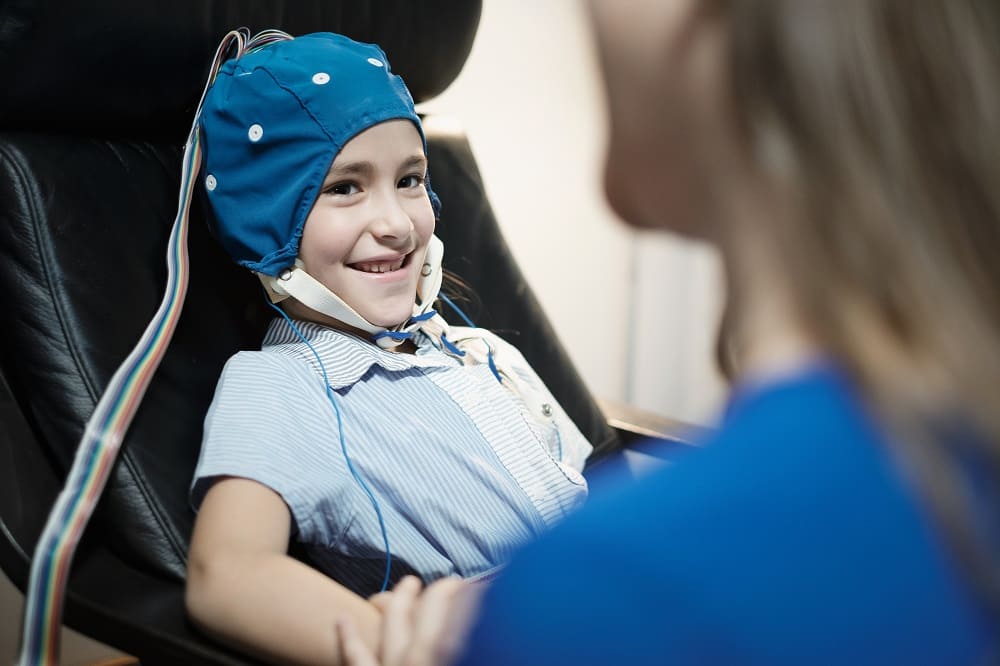Biofeedback Training for Psychologists
Psychologists spend a lot of time performing psychological tests and doing talk therapy with their clients. Many psychologists also have been adding tools and interventions like EMDR and biofeedback to help their clients. To learn how to use biofeedback, psychologists can get training online. This can be convenient because it doesn’t involve travel. On the other hand, it doesn’t allow for the hands-on practice that takes place in an in-person training session. It can also be beneficial to meet and work with other students during the training. The networking and teamwork that happens can be invaluable.
Some training also includes APA Continuing Education credit which many psychologists need to maintain their license to practice. There are many topics that could count towards this credit. Biofeedback happens to be one of them. The number of hours required for BCIA (Biofeedback Certification International Alliance) certification is 36 for Neurofeedback (A specialty area of biofeedback or EEG Biofeedback) and 42 hours for Biofeedback, otherwise known as peripheral biofeedback.





